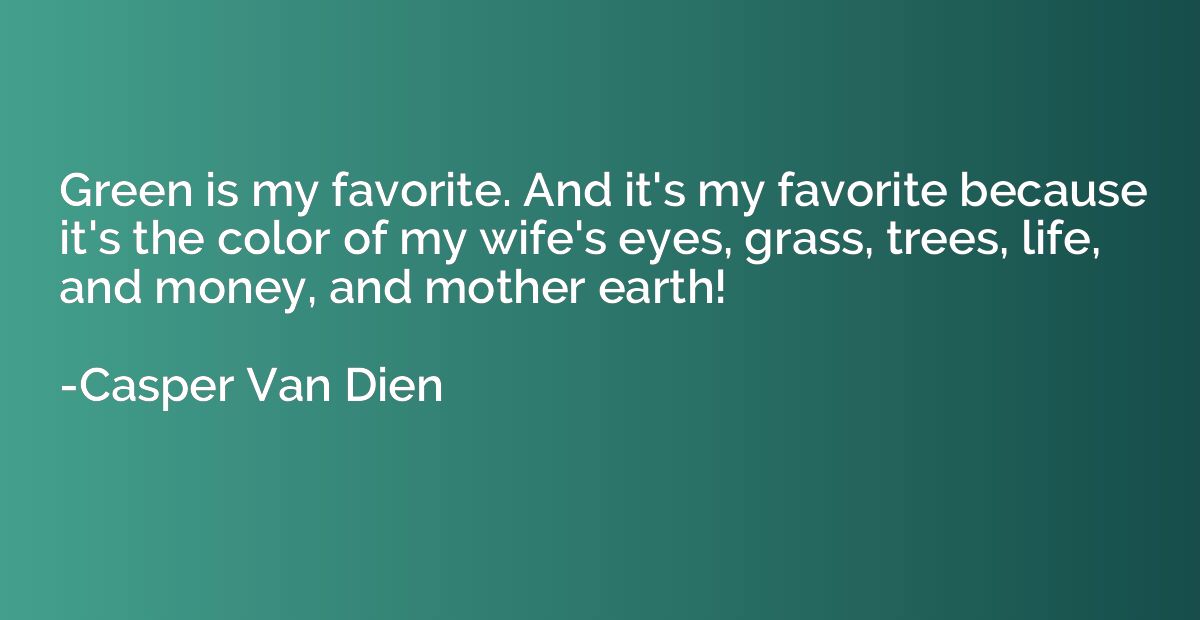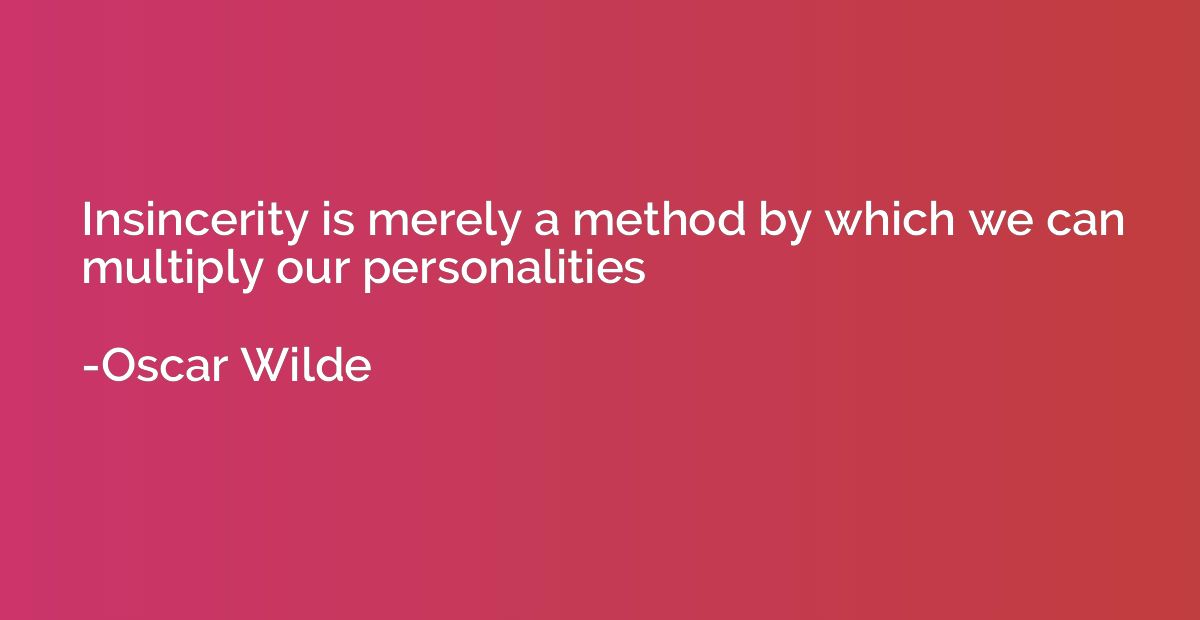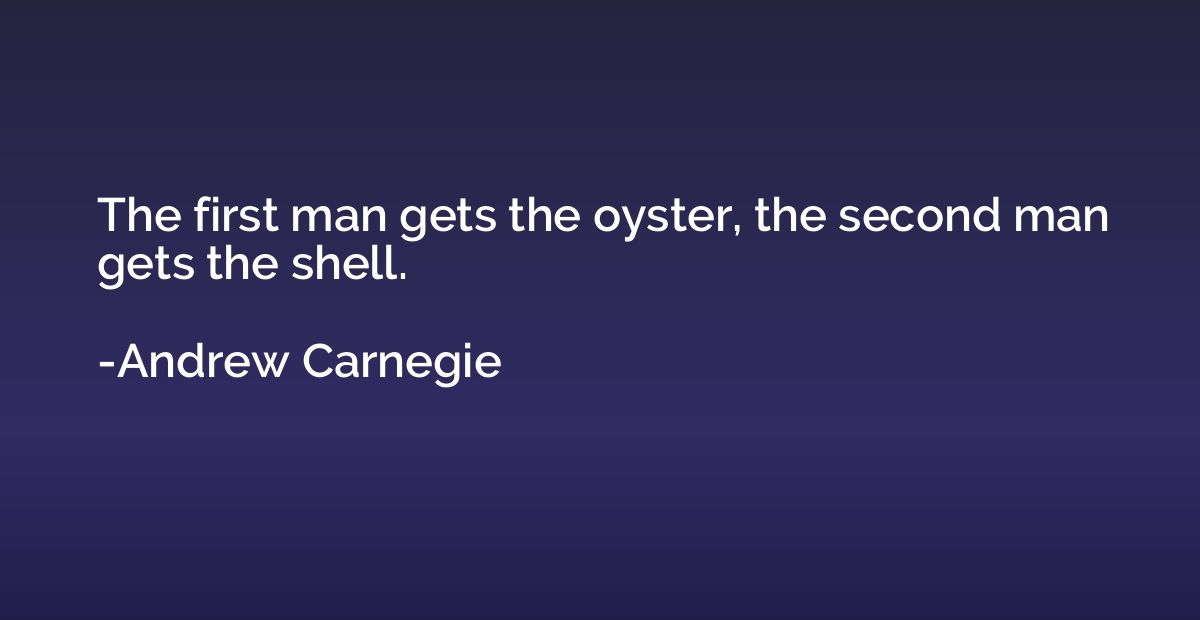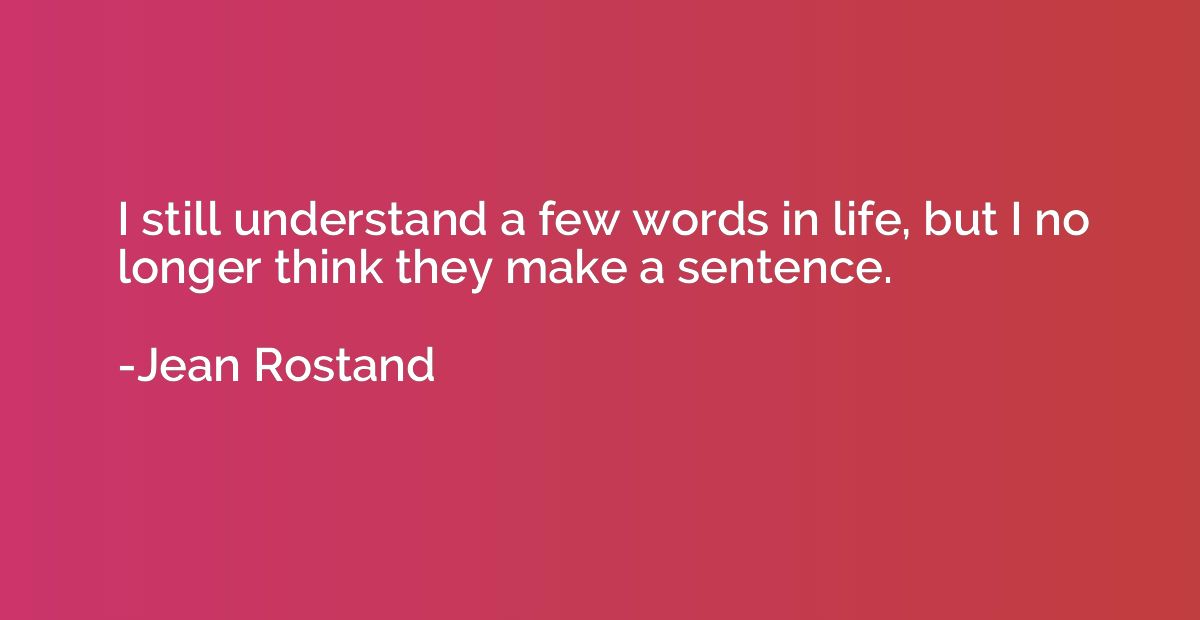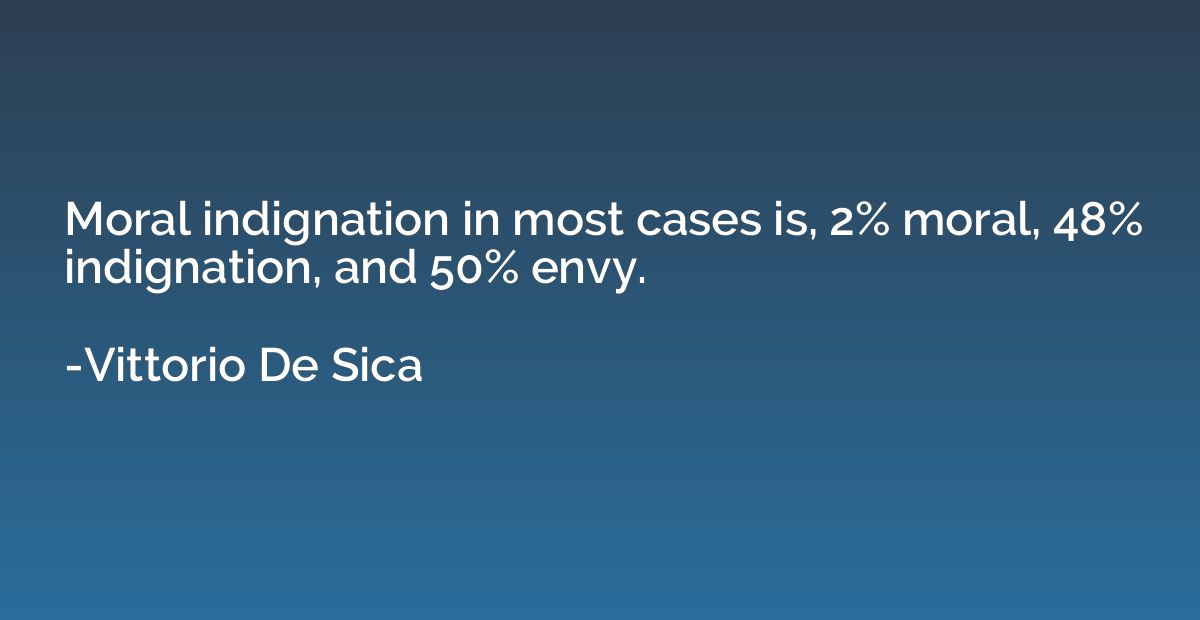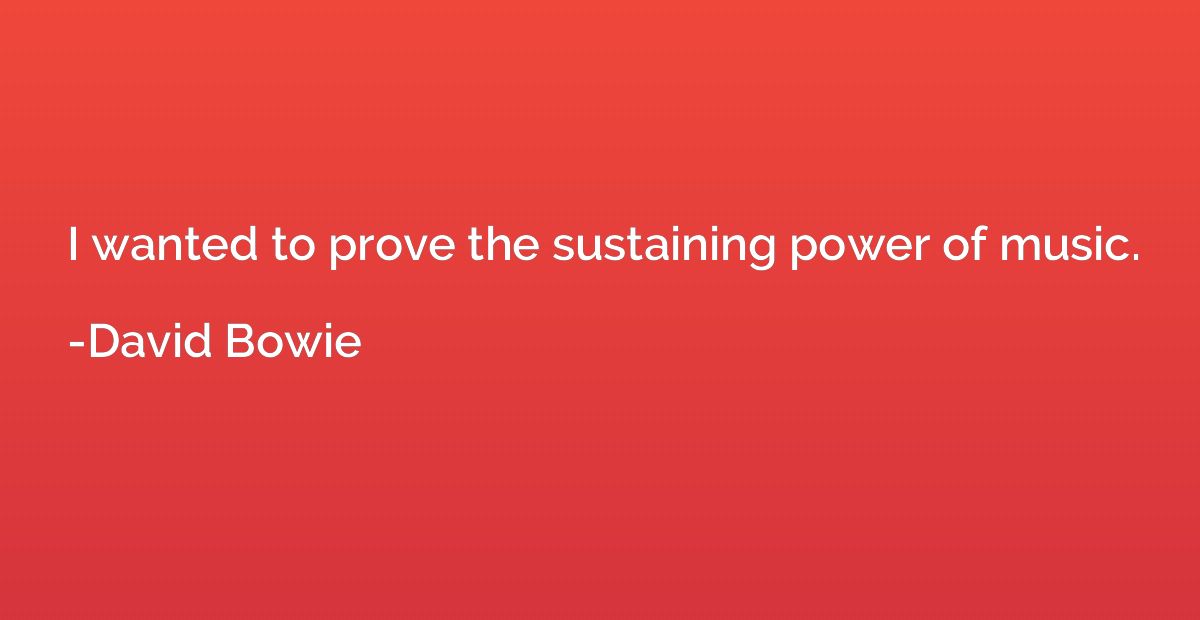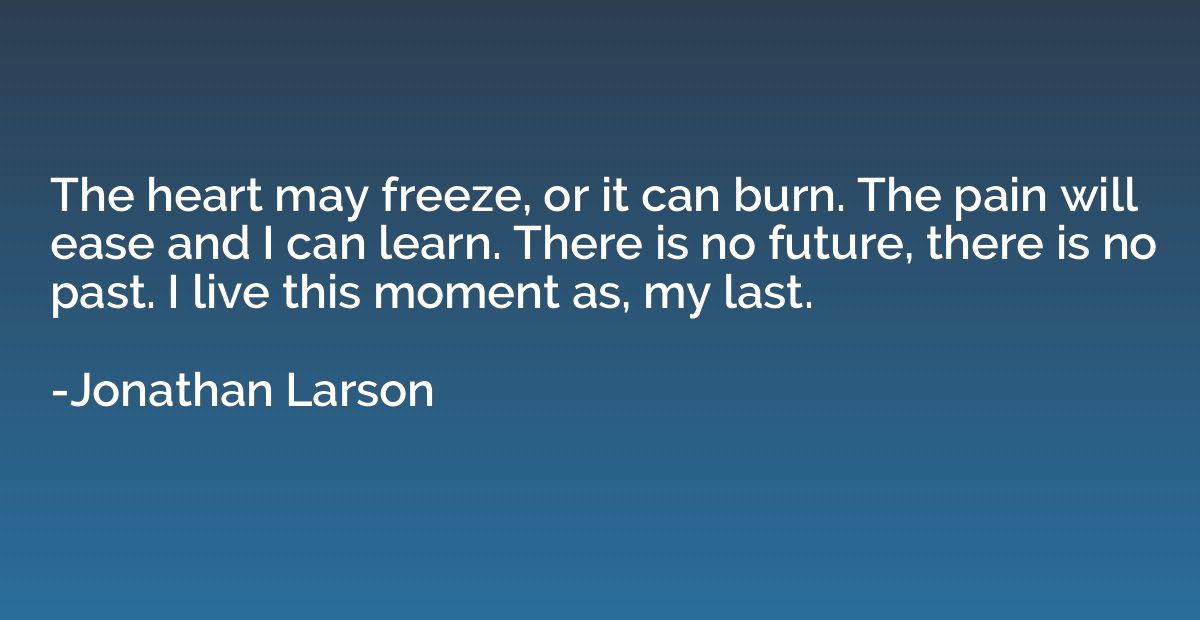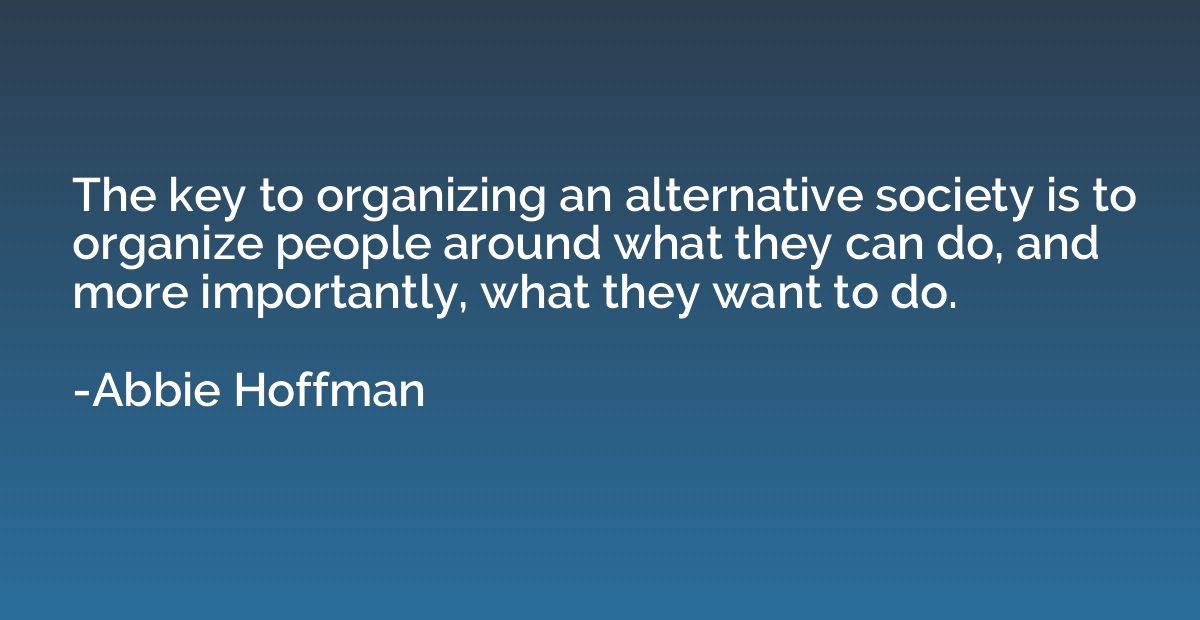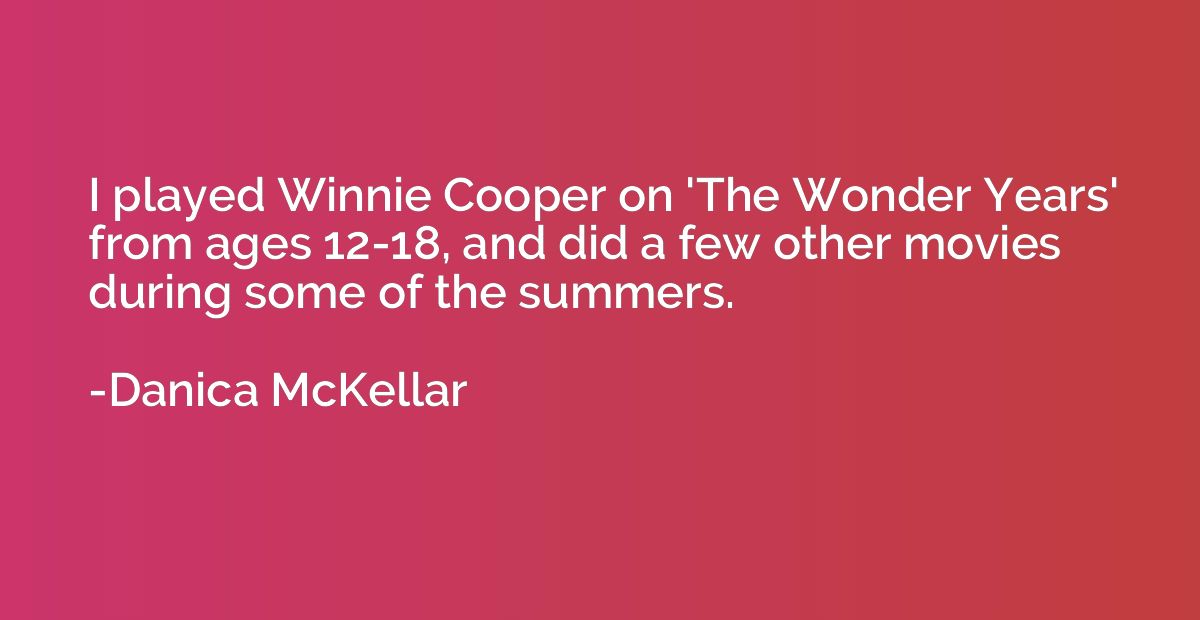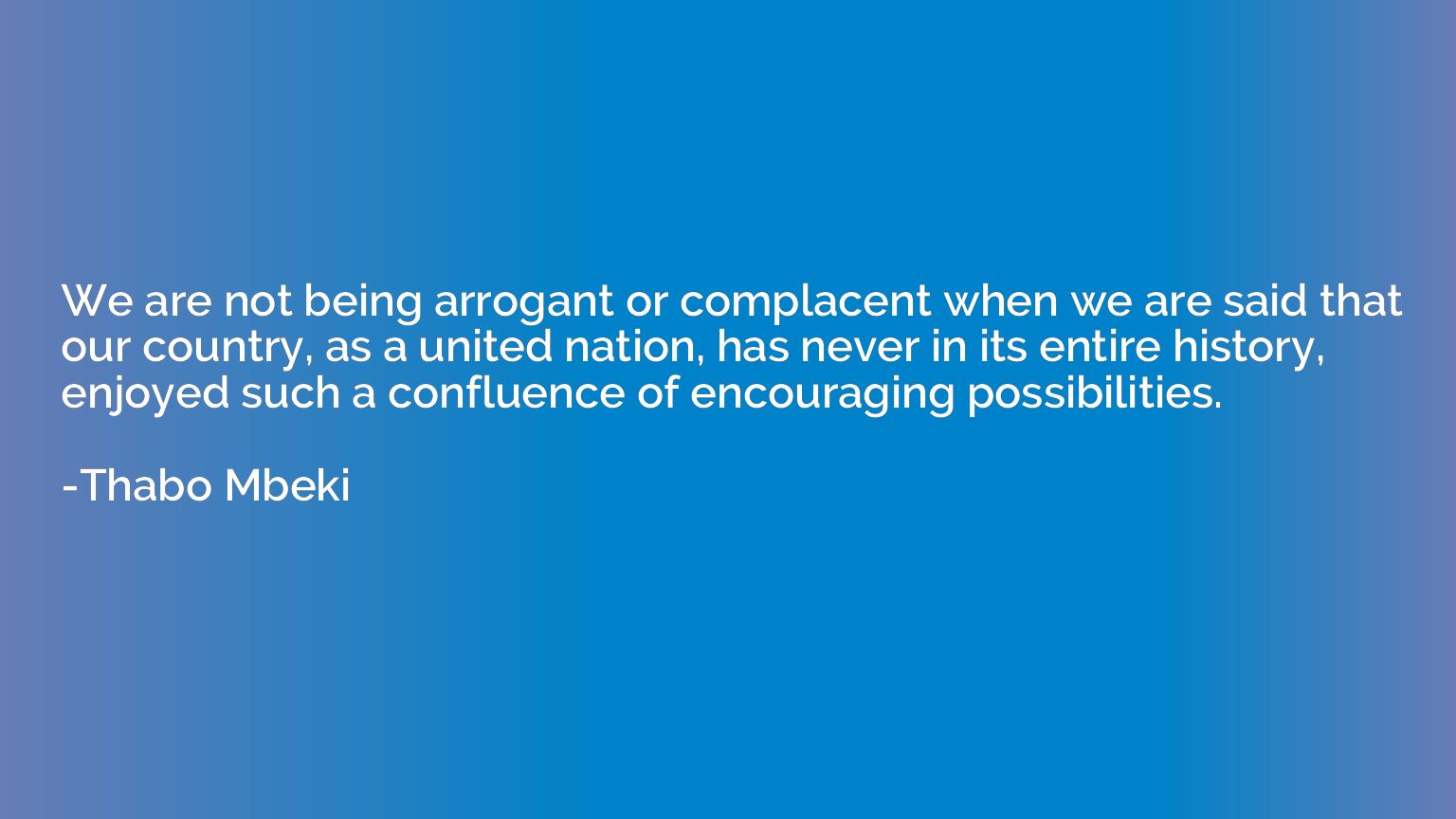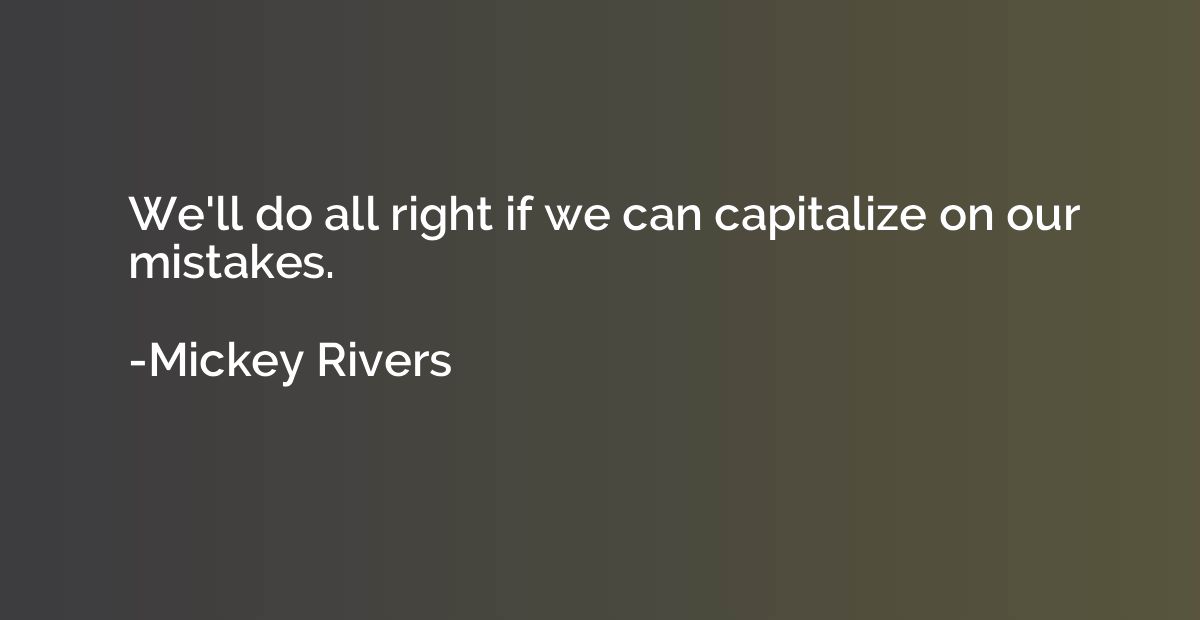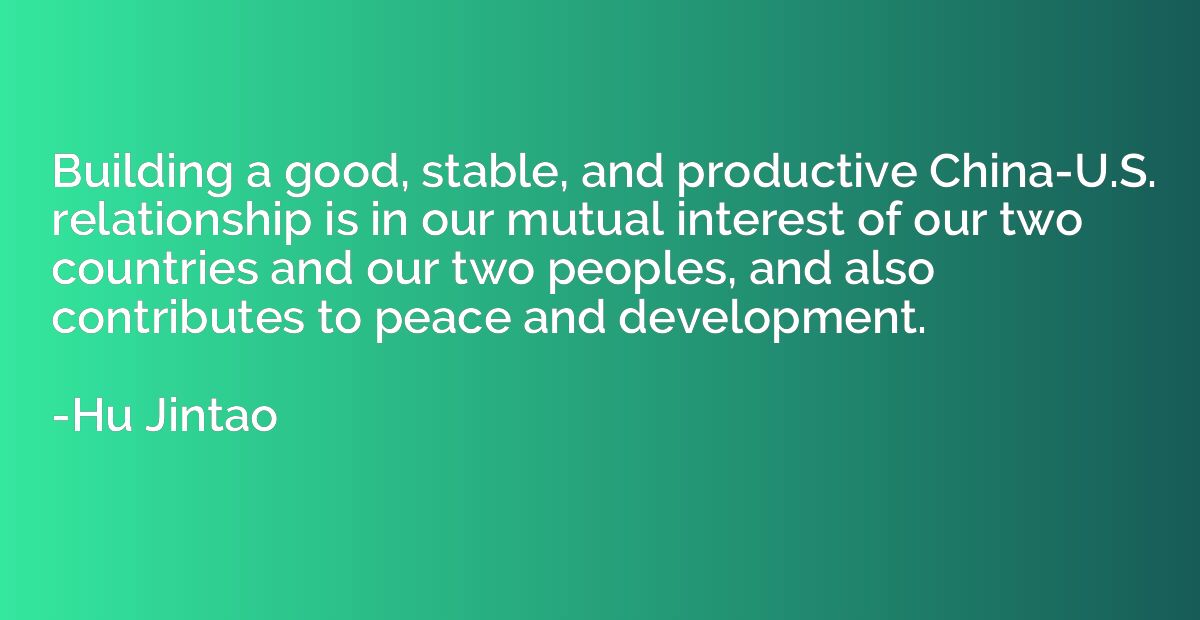Quote by Steven Spielberg
I wanted to do another movie that could make us laugh and cry and feel good about the world. I wanted to do something else that could make us smile. This is a time when we need to smile more and Hollywood movies are supposed to do that for people in difficult times.
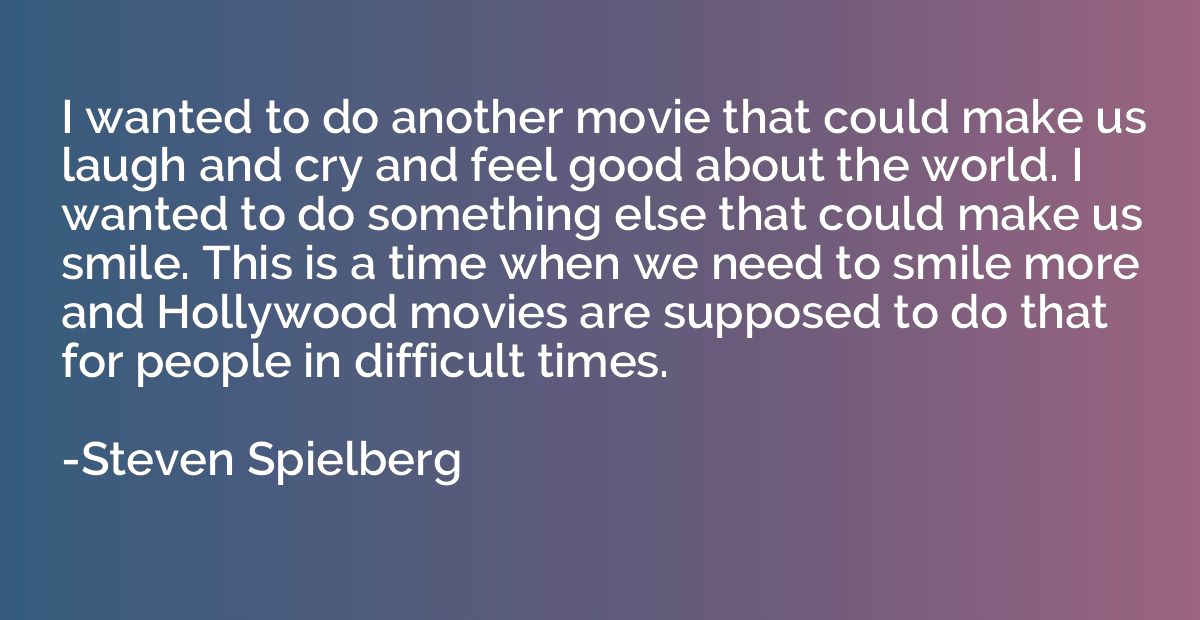
Summary
In this quote, the speaker emphasizes their intention to create a movie that evokes a range of emotions, including laughter and tears, with the purpose of generating a positive outlook on life. They underline the importance of experiencing joy and the role of Hollywood movies in bringing smiles to people during challenging periods. The statement reflects the desire to provide comfort, entertainment, and optimism to audiences amidst difficult times.



